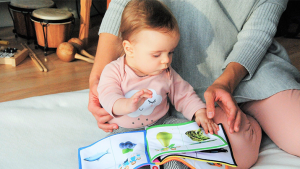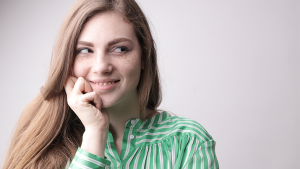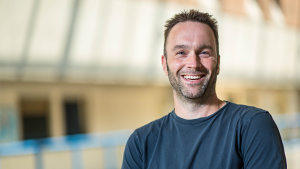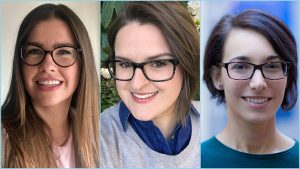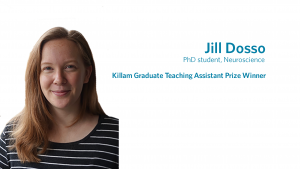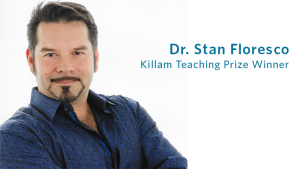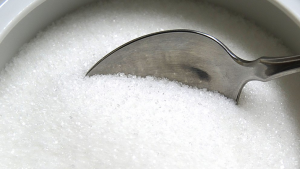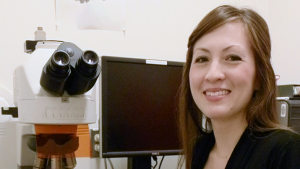Q&A with Dr. Liisa Galea on the mental health of new moms
Motherhood brings many changes and increased mental health risks.
New study finds sex differences in adult neurogenesis in the hippocampus
Dr. Liisa Galea and Shunya Yagi found there is a difference in the regulation of neurogenesis in the hippocampus between male and female rats.
I spy without my eye: Q&A with Jill Dosso about covert attention in human social interactions
Jill Dosso, a PhD student in Neuroscience, is the lead author of a new study, I spy without my eye: Covert attention in human social interactions published in Cognition.
Adult-born neurons keep growing and contributing to brain flexibility long after neurogenesis declines
New research by Dr. Jason Snyder shows neurons born in adulthood continue to grow and develop much longer than previously thought
UBC Psychology professors receive NSERC funding
Six psychology researchers were awarded funding to support their research discoveries.
Celebrating three outstanding psychology PhD graduates
Join us in congratulating Drs. Courtney Bryce, Julia Van de Vondervoort and Trish Varao-Sousa.
Jill Dosso receives UBC Killam Graduate Teaching Assistant Award
Jill Dosso has been recognized for her exceptional contributions to teaching and learning, earning a 2019-20 UBC Killam Graduate Teaching Assistant Award. The award honours UBC Teaching Assistants who have demonstrated skills, abilities and contributions that result in a high level of respect from undergraduate students and academic supervisors. Please join us in congratulating Jill on […]
Dr. Stan Floresco receives 2019-2020 Killam Teaching Prize for outstanding teaching
This annual award reflects excellence in distinguished teaching at all levels of instruction at UBC.
New research: High sugar diet may impair metabolic health and maternal care after pregnancy
The study investigated the effects of a high sugar diet on hormone levels and markers of metabolic function in female rats.
New study looks at the effects of aging on testosterone in the brain
This research raises the possibility that some areas of the brain have the capacity to buffer themselves against drops in testosterone in the blood by simply making their own.
